Cognitive Development Through Play
- LeCha Brown

- Feb 20
- 3 min read
Updated: Feb 24
Watching your little one grow and develop is likely the most fulfilling thing you've ever experienced . From that first smile to their first steps, every milestone is a sign of cognitive, physical, and emotional growth. Being able to support development through play can provide children with the best opportunities to learn, grow and thrive.
The Power of Play
Cognitive development progresses forward through exploration, interaction, and play. Toys, games, books and interactive activities serve as powerful tools that support cognitive development in different ways.
Infants (0-12 months) begin by engaging with their environment through sensory experiences, recognizing patterns in their environment, and responding to stimuli.
Babies (12-24 months) develop problem-solving skills, experiment with cause and effect, and engage in imaginative play.
Toddlers (24-48 months) expand their cognitive abilities by questioning, pretending, and solving more complex problems.
Best Toys to Support Cognitive Development
Toys can play a pivotal role in fostering cognitive skills like memory, attention, and reasoning. Let's look at some of the top toys for each stage:
Infants (0-6 months)
At this stage, your little one is learning through sensory exploration and interaction.
High-contrast toys and books – Help develop visual tracking skills.
Rattles and textured toys – Encourage grasping and sensory exploration.
Mirrors – Support self-awareness and early social interaction.
Babies (6-12 months)
Stacking cups and nesting toys – Build problem-solving and fine motor skills.
Activity centers and busy boards – Encourage exploration and interactive learning.
Soft blocks – Help develop spatial awareness and coordination.
Toddler (12-24 months)
Shape sorters and puzzles – Boost logical thinking and fine motor skills.
Stacking cups and nesting toys–Builds spatial reasoning, balance and size differentiation
Building blocks and construction sets – Enhance creativity and spatial reasoning.
Simple puzzles - Problem solving, enhances memory and fine motor skills
Books - promotes memory, listening skills and enhances vocabulary
Cause and effect - Teaches toddlers that actions create reactions, boosting cognitive connections.
Pretend play sets (kitchen, doctor kits, dolls, etc.) – Support social and emotional development while strengthening cognitive skills.
Toddler (24-36 months)
Building blocks & magnetic tiles – spatial reasoning, problem-solving, creativity
Simple puzzles–enhances problem-solving, fine motor skills, shape recognition
Shape & color sorting – supports early math concepts, logic & categorization
Cause & effect - strengthens logic, sequencing, and problem-solving
Books - boosts comprehension, sequencing and vocabulary
Musical instruments - encourages pattern recognition, rhythm and memory skills
Pretend play sets (kitchen, doctor kits, dolls, etc.) – enhances social-emotional skills, storytelling and imagination
Toddler (36-48 months)
Building blocks & magnetic tiles – spatial reasoning, problem-solving, creativity
Simple board games - builds memory, turn-taking, and early strategic thinking
10+ piece wooden puzzles–improves logic, fine motor skills, spatial awareness
Pattern & sorting games – strengthens early math concepts, logic & classification
Cause & effect - early science concepts, sequencing, and problem-solving
Books - boosts comprehension, sequencing and vocabulary
Musical instruments - encourages pattern recognition, rhythym and memory skills
Pretend play sets (kitchen, doctor kits, dolls, etc.) – enhances social-emotional skills, storytelling, problem solving and imagination
Encouraging Development Without Toys
Your everyday activities can also offer valuable opportunities to support cognitive development without the need for toys. Engaging your toddler in conversations, describing their surroundings, and involving them in household tasks can significantly enhance their learning.
Other toy free activities include:
cooking together
counting objects in their environment
identifying colors and shapes in their environment
singing simple songs together
having them help with chores (sorting laundry)
looking out the window in the car
taking nature walks and talking about what they see, hear and feel
playing games like ring around the rosy, Simon says, red light, green light
playing outside in the grass
These little everyday moments create such a rich learning environment that will continue to foster curiosity and growth. These are the little moments that I love so much with my own.
How Play Fosters Cognitive Growth
Engaging in play-based learning supports cognitive development by:
Encouraging problem-solving – Open-ended toys allow your little one to test ideas and explore solutions.
Developing attention and memory – Games with repetition help reinforce learning and recall.
Enhancing language skills – Talking during play, naming objects, and engaging in pretend play expand vocabulary and comprehension.
Building social understanding – Playing with others teaches cooperation, turn-taking, and emotional expression.
As you can see, play-based learning is one of the most effective ways to foster cognitive development for your little one. By choosing developmentally appropriate toys and activities AND engaging in interactive play, you can help your little one build essential skills that set the foundation for lifelong learning.

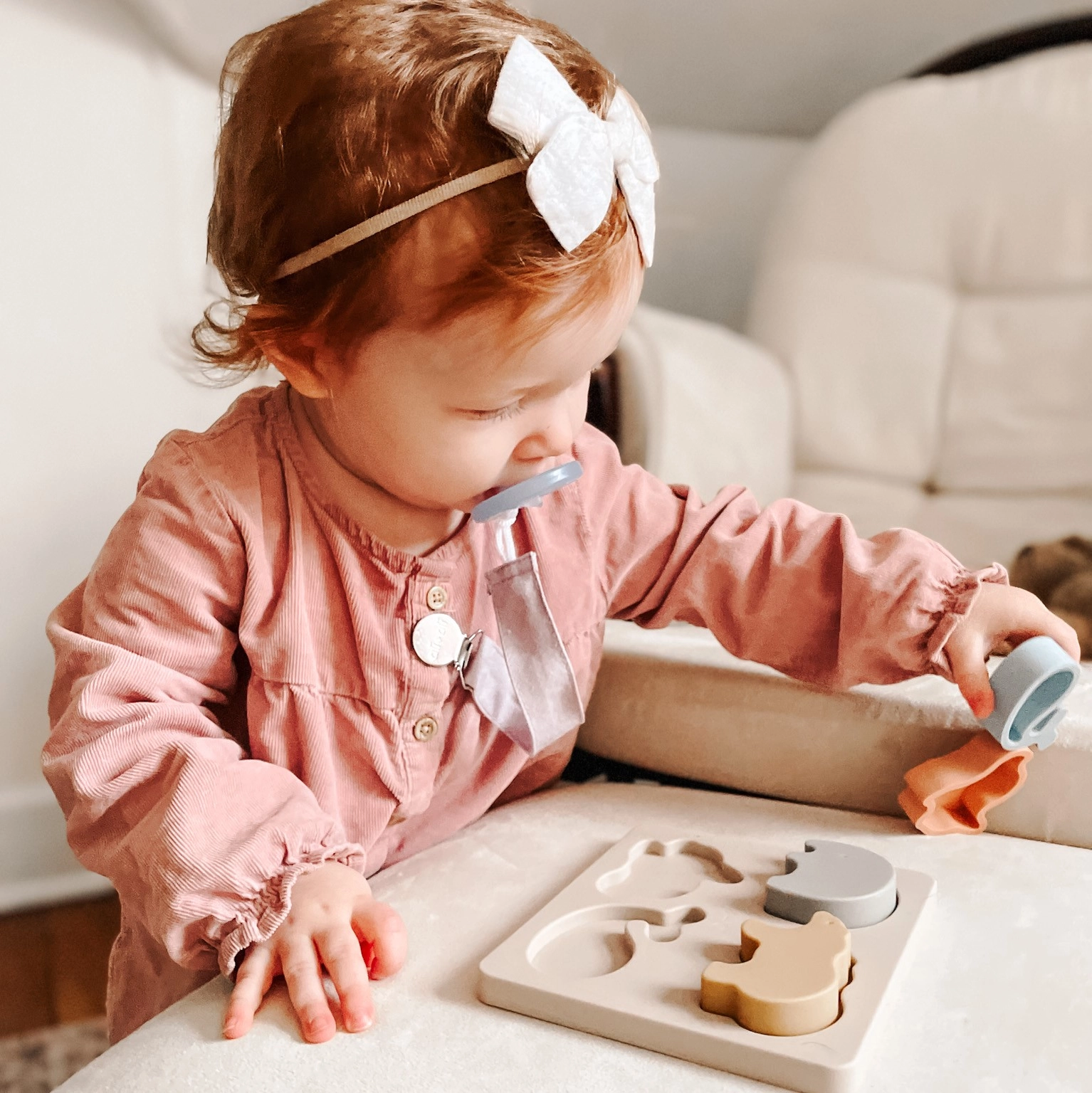
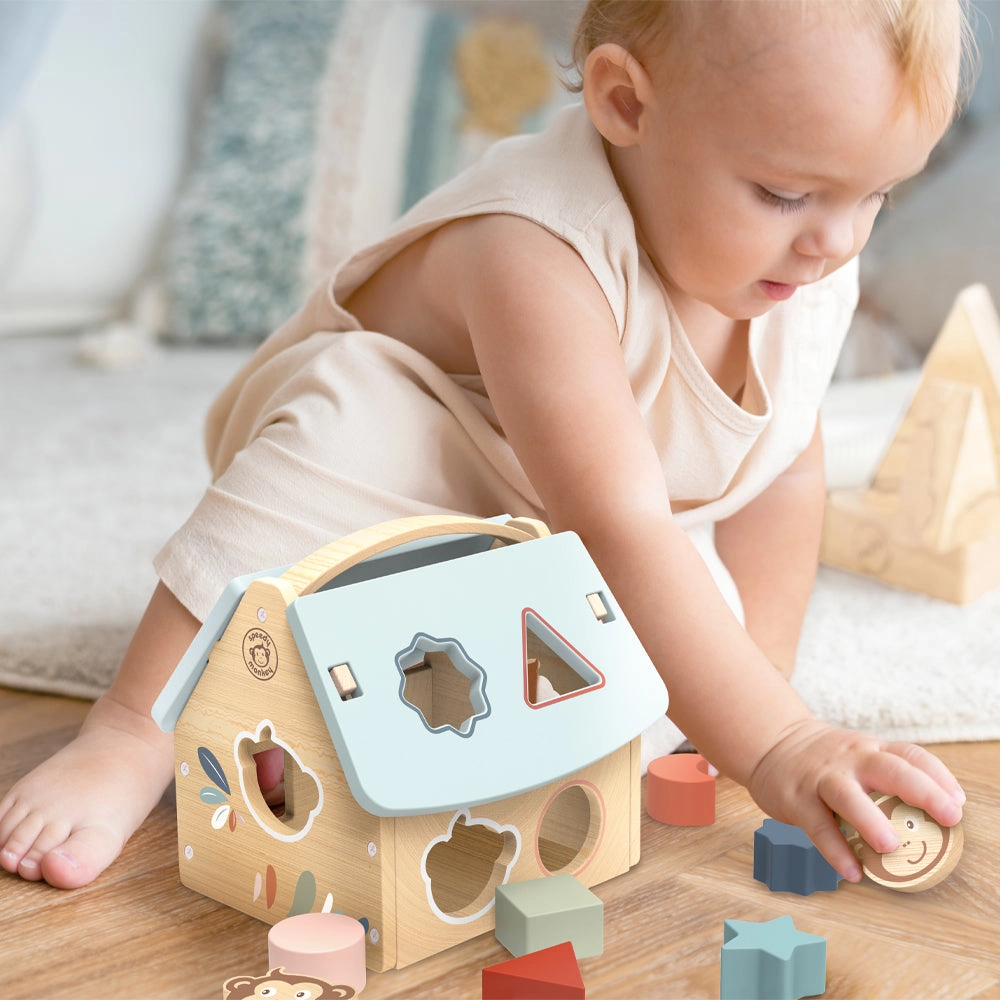
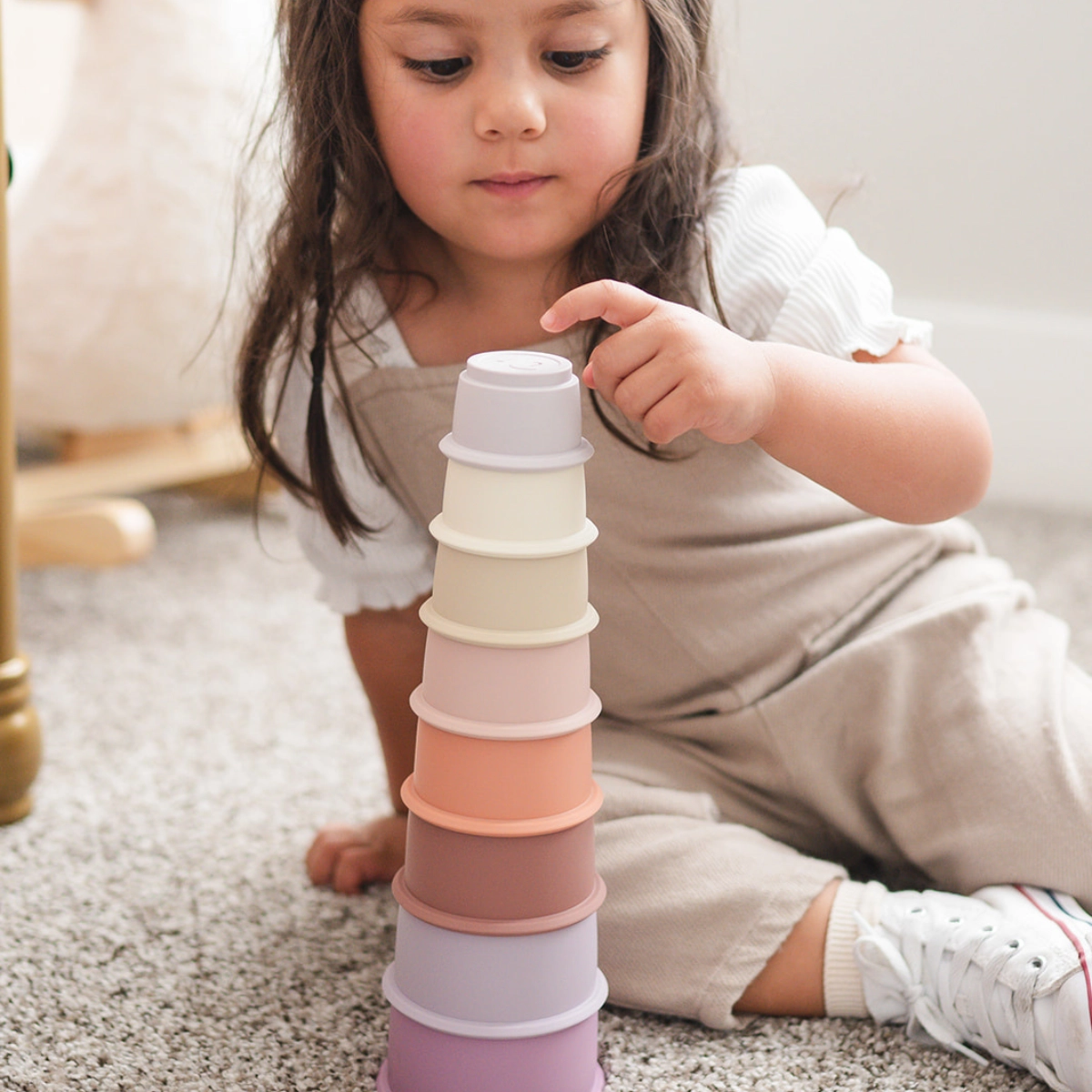





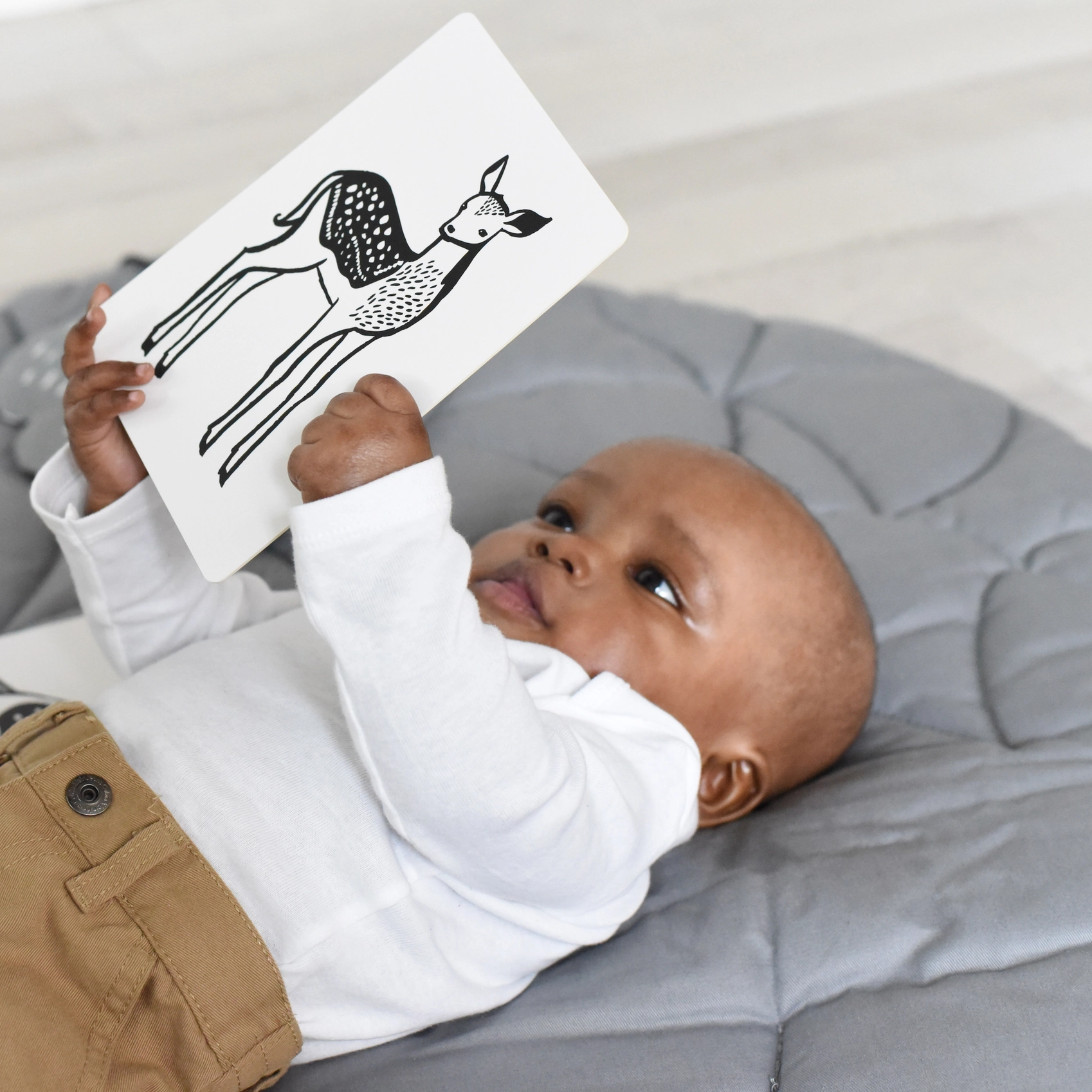

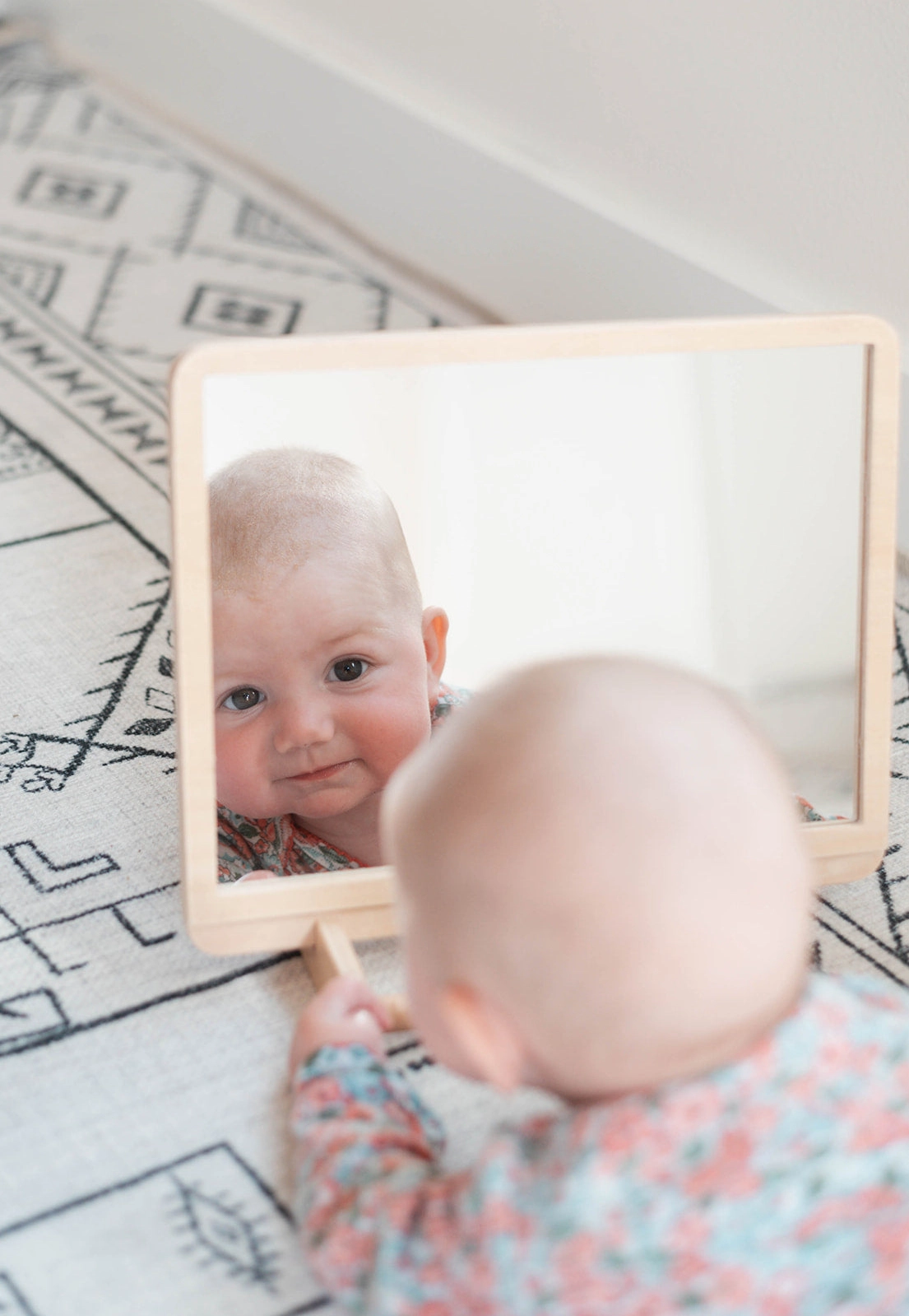
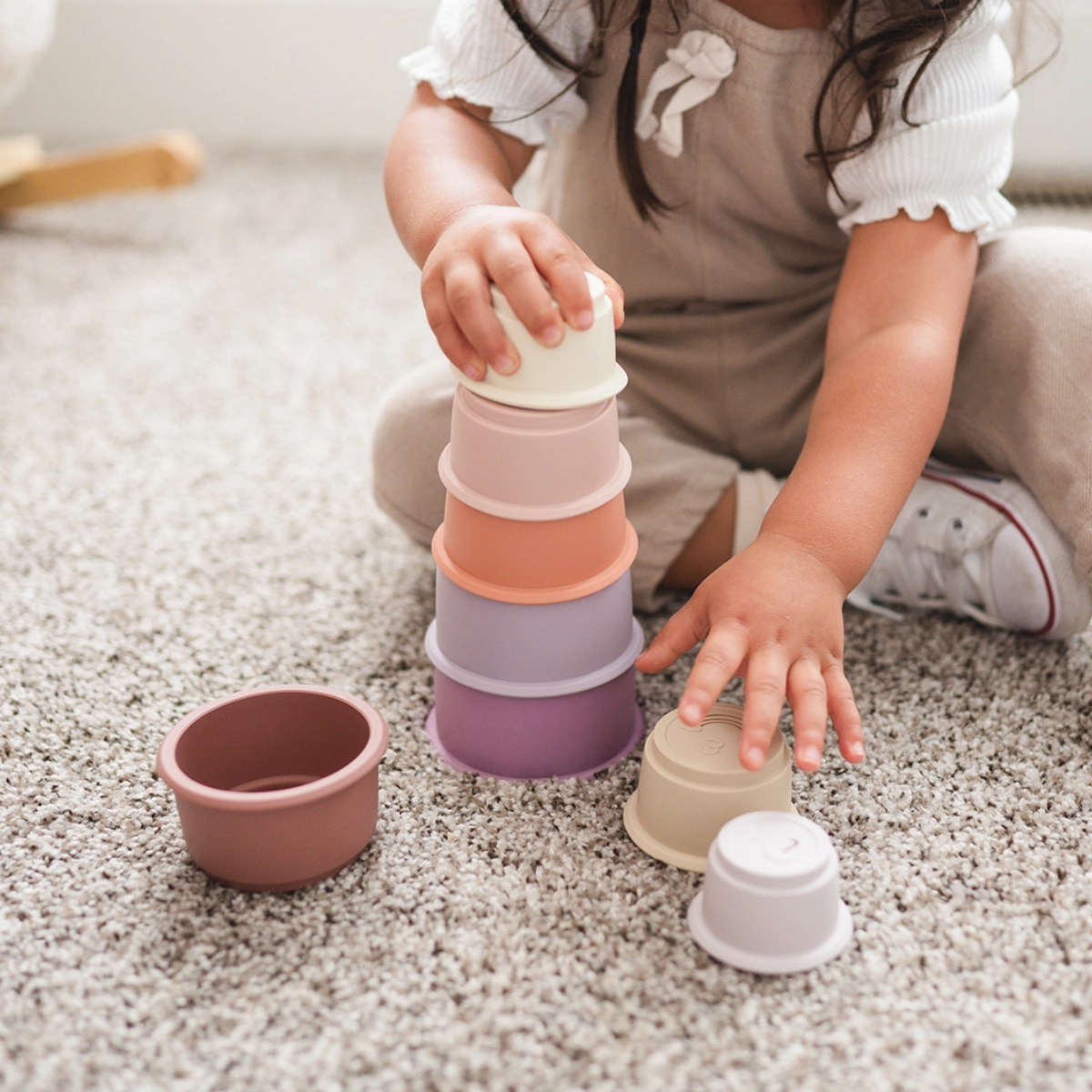


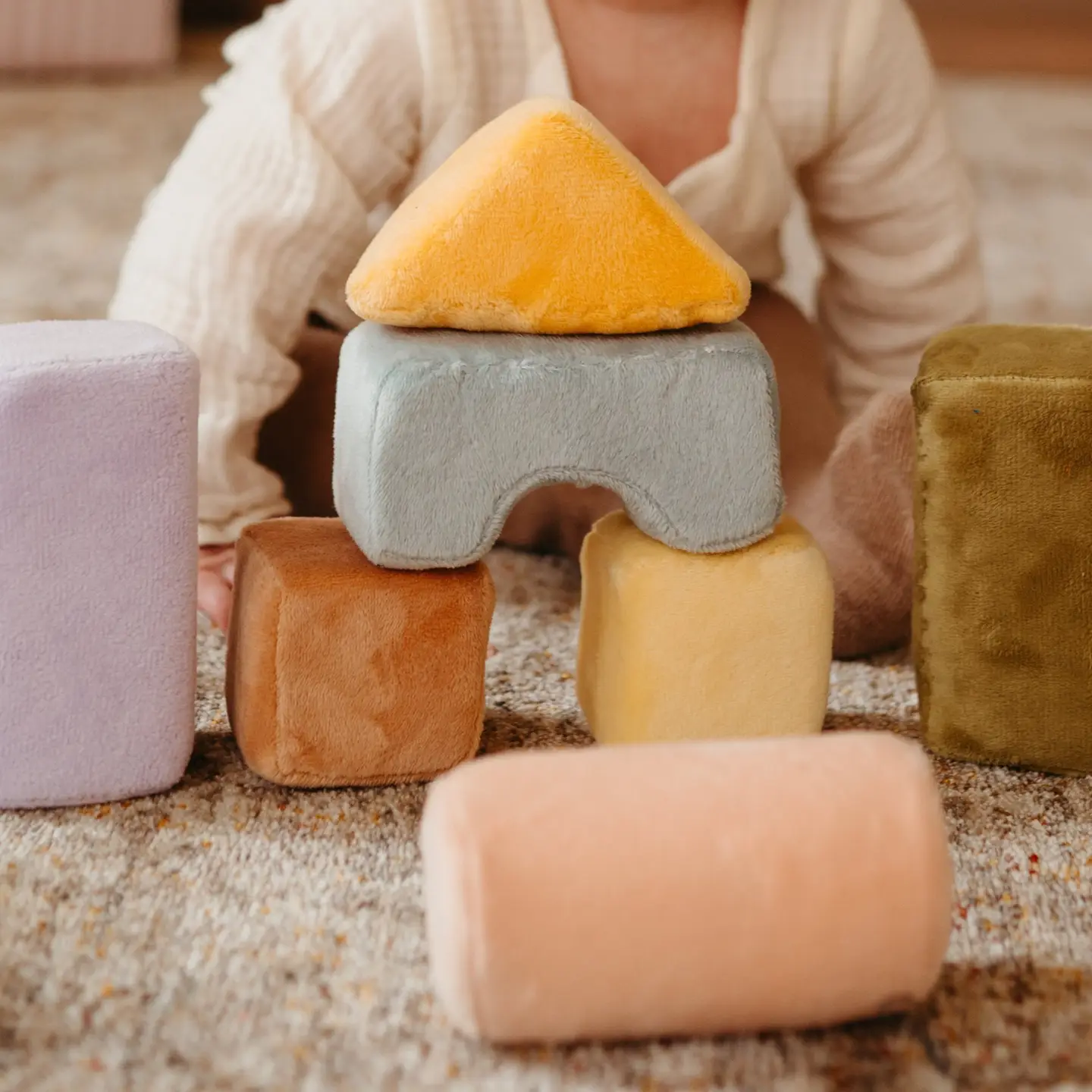



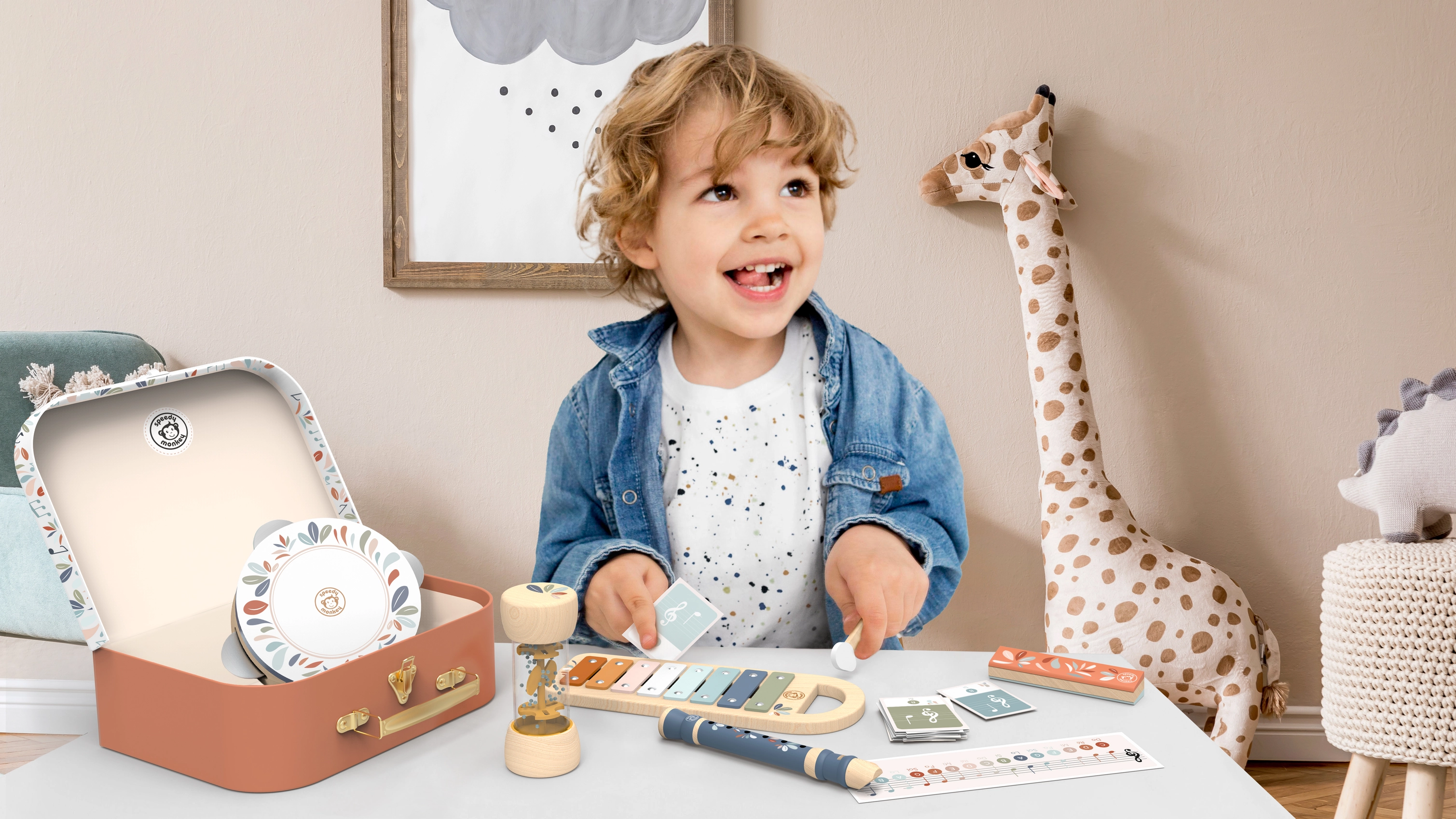
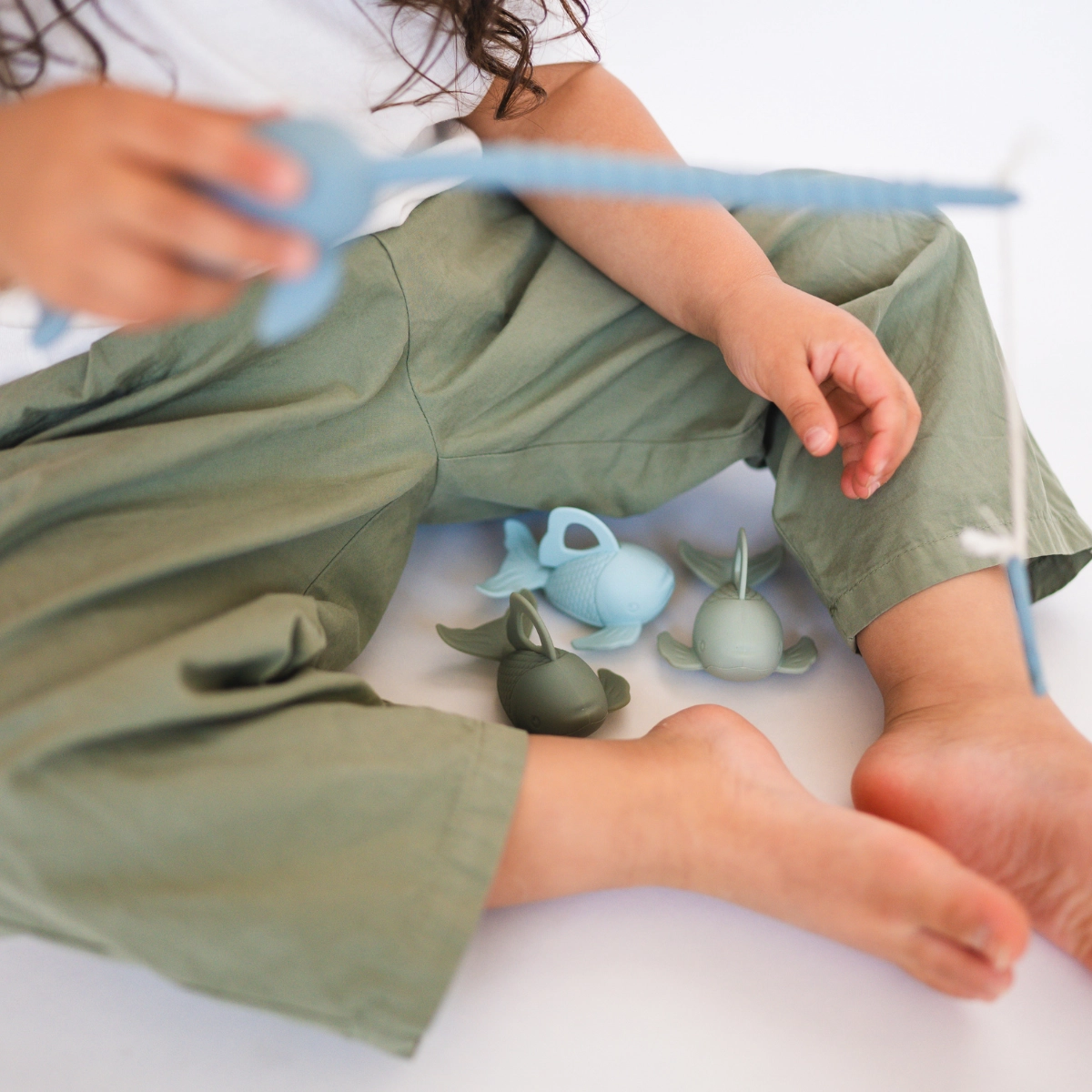
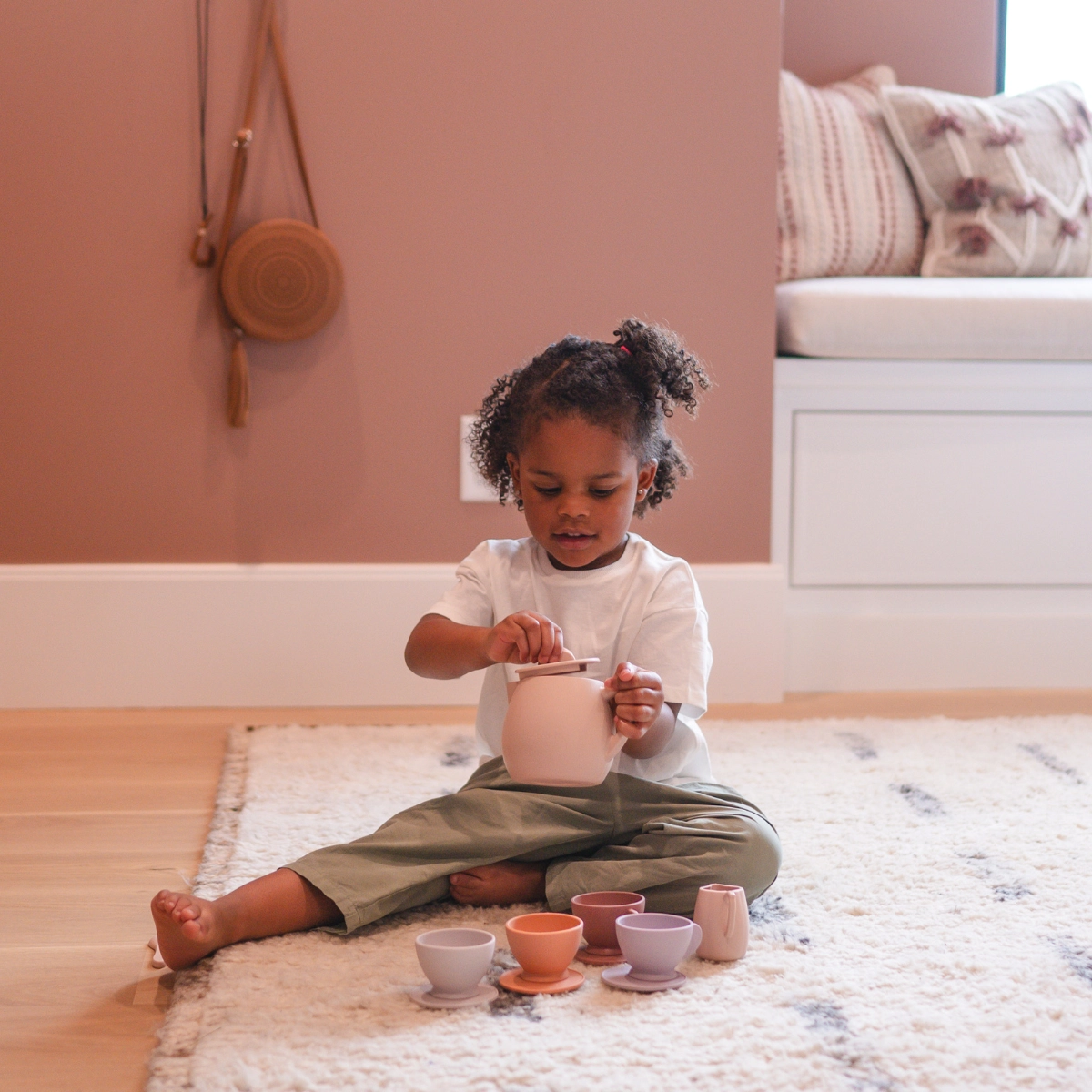
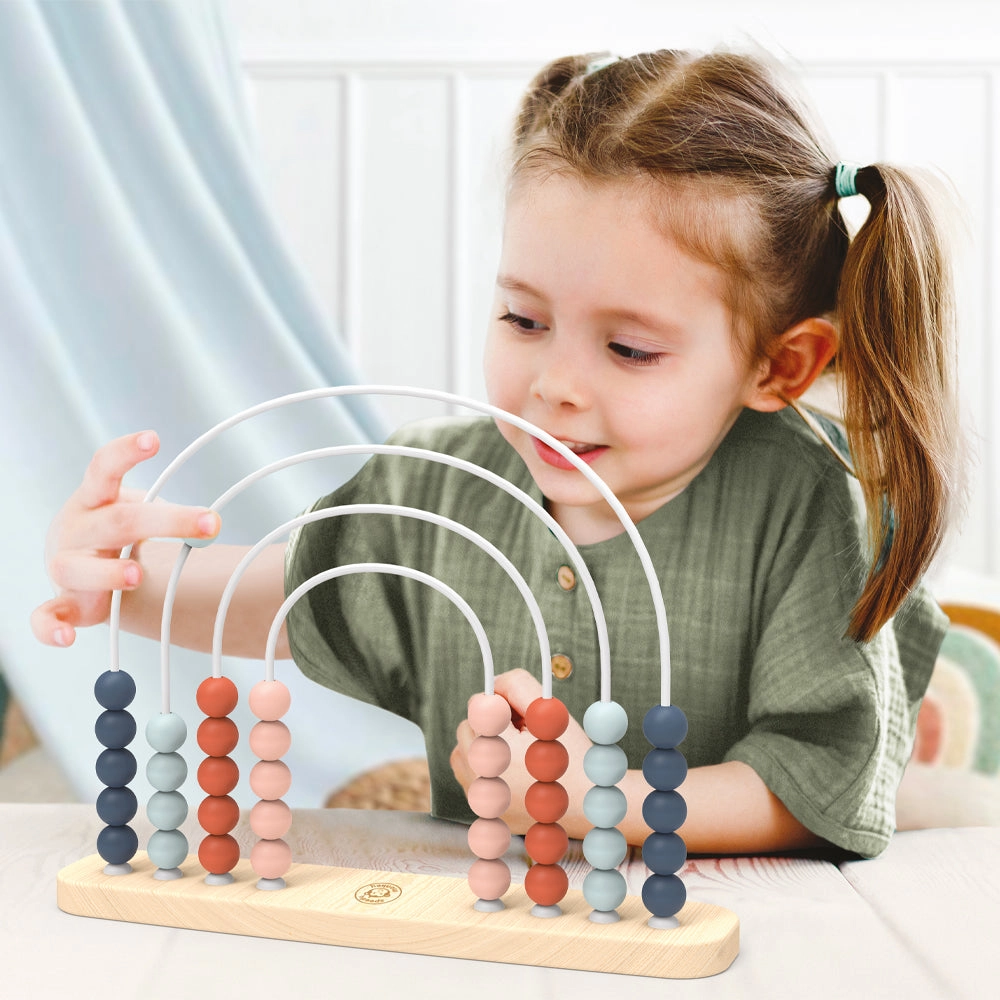
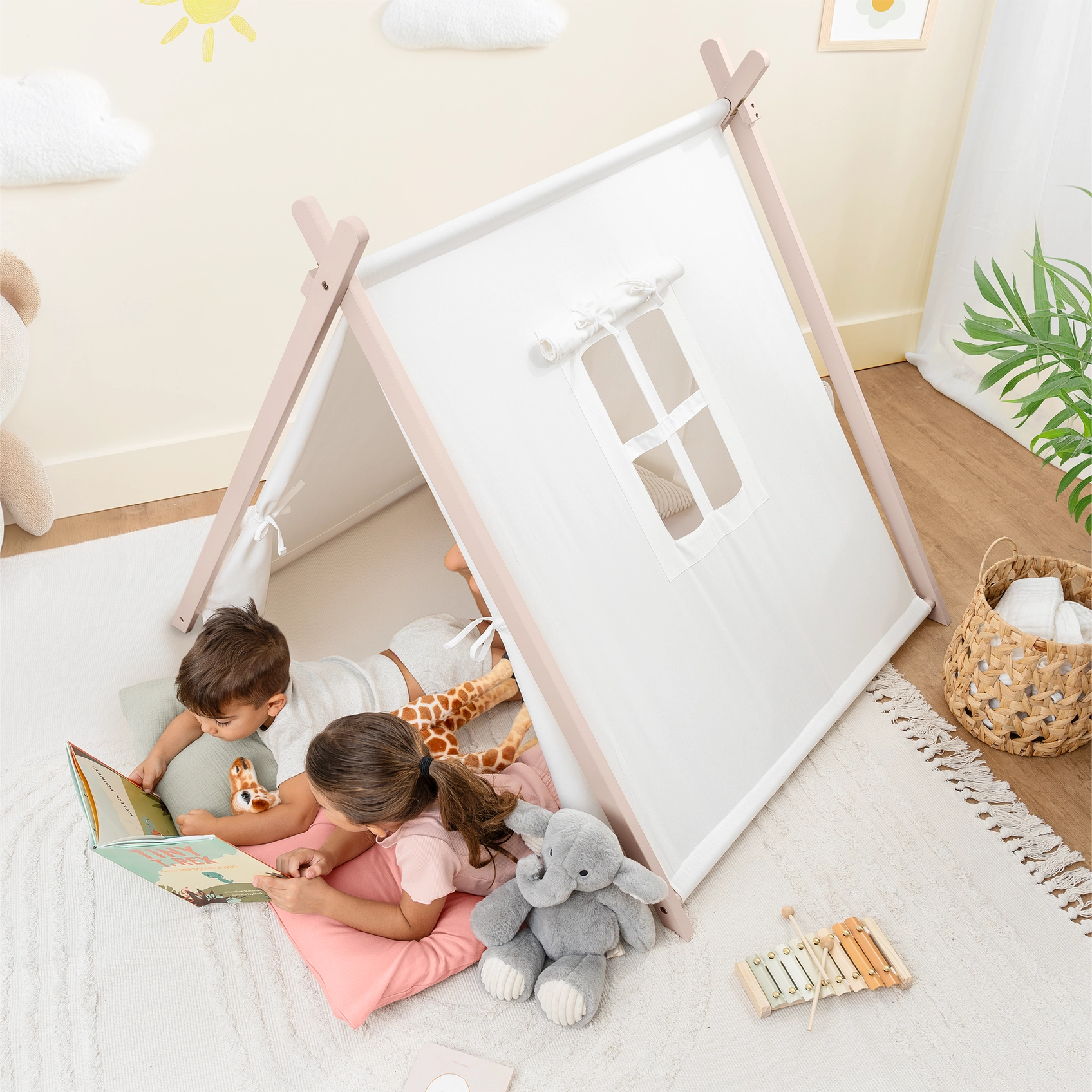







Comments